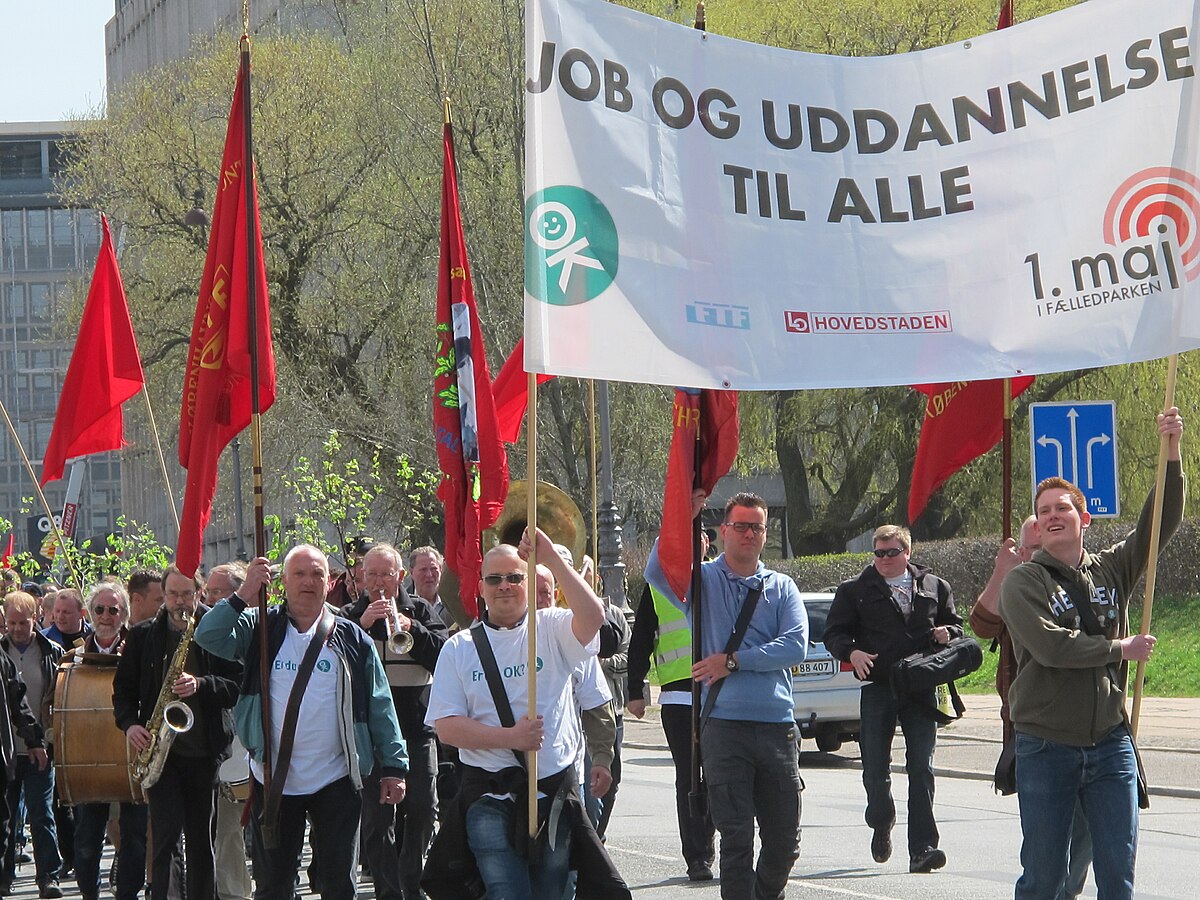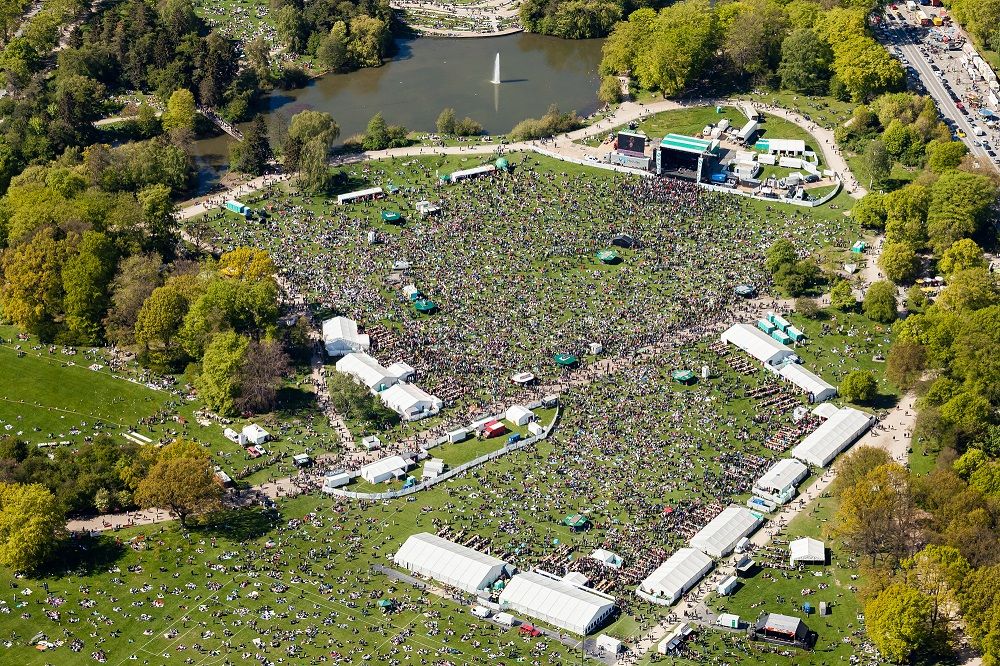Nine months ago, I moved from Mumbai to Copenhagen. Life has just not been the same since.
As a child, I often fantasised about what it would mean to be invisible. My childhood fantasy came true, it seems, albeit in an altogether different way.
Whether in the parks, the shops or the streets, people in Copenhagen did not seem to notice me or sense my presence. I may as well have been a ghost. There were no smiles, no friendly conversations, not even a glance. The always dependable and effective conversation-starter of having my mischievous and curious three-year-old daughter with me seemed to generate no interest among the other parents at the parks and playgrounds. As I found out, it is rather tricky to initiate a conversation with a person who is not looking at you … not even out of the corner of their eye. Was I invisible?
The same scenario would have played out like this in India: complete strangers would be very interested in an udlænding (is it a coincidence that the Danish word for ‘foreigner’ has such a hard and cold ring to it?). You would get asked all sorts of questions, ranging from your name, nationality, marital status, salary, the reason for being in India, whether you liked India and how long you intended to stay in the country. You would be offered help with settling in, you would get invited to lunch, tea or dinner, and you would be given a crash course in Indian culture and traditions … most of it unsolicited. Indians are a rather curious and friendly lot (or maybe intrusive, depending on how you look at it). The Indian way is not necessarily better or worse, just very different.
Perhaps that is why, when in situations in which I was in the company of strangers, the contrast caught me by surprise. Fortunately or unfortunately, in the past nine months I have discovered that I am not alone and that it is not personal. A good number of foreigners seem to have had similar experiences. Though thankful that most Danes speak good English, most of the foreigners I spoke to wondered over their distant behaviour.
Over time, after a lot of observation and pondering, I realised that is just how the Danes are. They tend to be reserved, do not like initiating conversations with strangers and are wary of intruding on a person’s privacy. While there is no intent or effort to be friendly to foreigners, there is rarely a deliberate intention to be rude. And perhaps their reserved behaviour is meant to signal politeness. The saving grace for me has been the friendly and helpful staff at my daughter’s børnehave (kindergarten), the polite smiles from the other parents and children there and the friendly demeanour of some of my friends’ Danish partners. They convinced me there was no sinister plan by the Danes to ignore me after all.
While I was busy unravelling typical Danish behaviour, I figured some more pearls of wisdom could be gained if I knew their language. And having begun to learn Danish at a language school, on the occasions a Dane has spoken to me (at the kommune, supermarkets or cafe), I knew I wasn’t being reprimanded for doing something wrong. Danish simply tends to sound rather harsh to a person who doesn’t know the language. Just like several other languages, I presume.
Unlike in my childhood fantasies, I was not having much fun being invisible. So I decided that sometimes the best defence is a good offence. So now, every time I manage to trick a Dane into looking at me, I flash my most brilliant, friendly smile. My complex calculations reveal that for every 13 smiles I send out, there is one coming back my way. That is a success rate of close to eight percent – not bad for a start. Life’s good.












